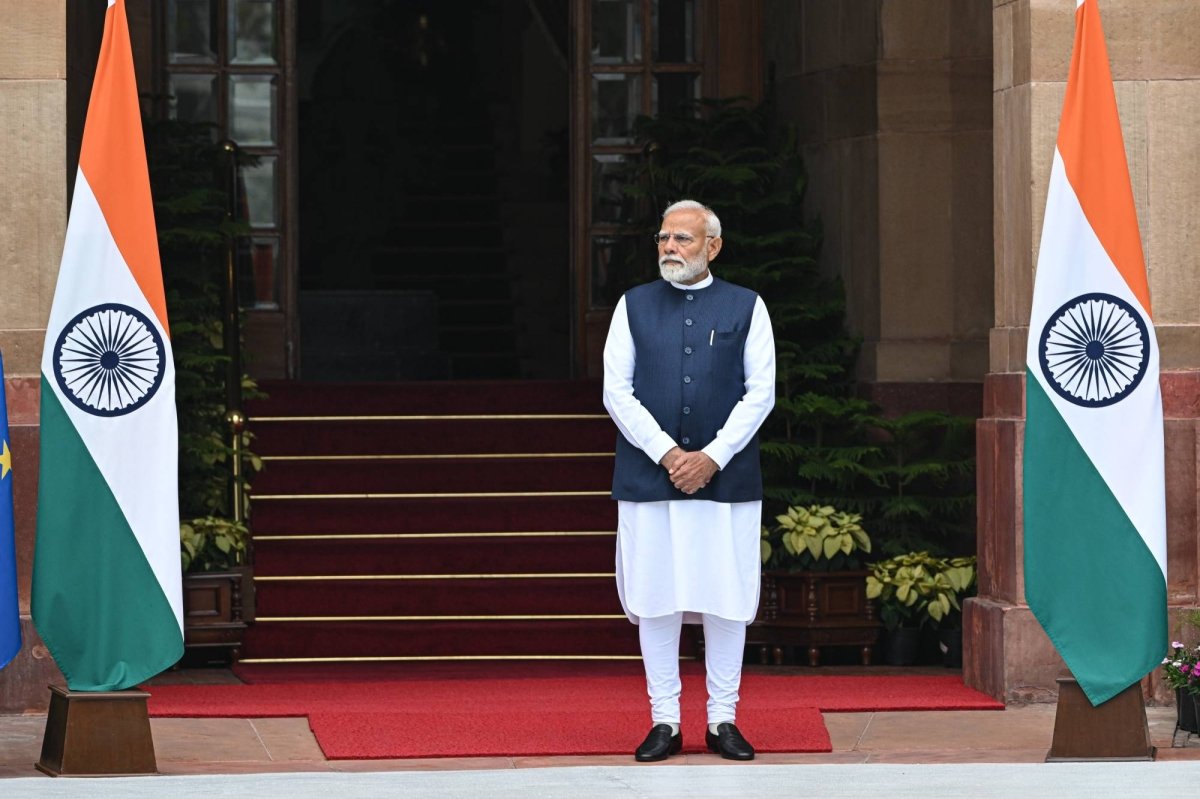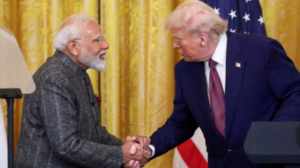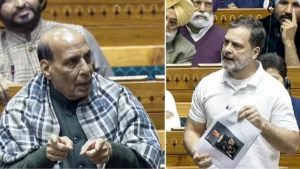Recent diplomatic moves bring fresh complications to your understanding of global trade dynamics. Trump’s BRICS warning to India adds a new twist to trade deal negotiations that were already facing significant hurdles. The former president’s statements about India’s membership in the Brazil-Russia-India-China-South Africa alliance create additional pressure on bilateral economic relationships.
Your attention turns to how these developments might affect future trade agreements. India’s position within BRICS has become a focal point for American policymakers who worry about China’s growing influence in the organisation. The warning signals a shift in how Washington views partnerships with countries that maintain ties to both American and Chinese-led economic blocs.
Strategic Implications for Economic Partnerships
Trade negotiations between these nations never occur in isolation from geopolitical considerations. Your analysis of current trends shows how membership in international organisations affects bilateral commerce discussions. India’s participation in BRICS creates tensions with American officials who prefer exclusive economic partnerships over multilateral arrangements.
The warning comes at a time when both countries need stronger economic cooperation. Your observation of recent trade data reveals increasing interdependence between American and Indian markets. Technology companies, pharmaceutical manufacturers, and agricultural producers from both nations benefit from expanded trade relationships.
Key Areas of Concern Include:
- Defence technology transfers and joint military exercises
- Energy sector cooperation and oil import agreements
- Digital trade policies and data localisation requirements
- Agricultural market access and tariff reduction negotiations
Impact on Future Negotiations
Your understanding of diplomatic protocol suggests these warnings carry significant weight in trade discussions. American negotiators often use multilateral organisation memberships as leverage points during bilateral talks. India’s continued participation in BRICS meetings creates ongoing friction with Washington’s preferred approach to international commerce.
The timing of these statements reflects broader concerns about China’s economic influence across Asia. Your review of recent policy documents shows how American officials worry about technology transfer and intellectual property protection within the BRICS frameworks. These concerns directly impact how trade deals get structured and implemented.
Economic Consequences for Both Nations
Trade relationships worth billions of dollars face uncertainty when diplomatic tensions arise. Your examination of current commerce flows shows how quickly political statements can affect business confidence and investment decisions. Companies planning expansion into either market must consider these diplomatic developments in their strategic planning.
The warning creates challenges for Indian policymakers who value both American partnerships and BRICS membership. Your analysis suggests India seeks to maintain beneficial relationships with multiple economic blocs while avoiding forced choices between competing systems. This balanced approach becomes increasingly difficult as global tensions rise.
Technology Sector Ramifications
Digital trade agreements face particular scrutiny when BRICS membership enters negotiations. Your awareness of current technology policies shows how data protection and cybersecurity concerns affect trade deal structures. American companies worry about technology sharing requirements that might benefit Chinese competitors through BRICS connections.
The semiconductor industry represents another area where these tensions create complications. Your study of supply chain dynamics reveals how political relationships affect technology transfer agreements and joint research projects. Indian participation in BRICS technology initiatives creates concerns for American partners in sensitive sectors.
Agricultural Trade Considerations
Food security issues add another layer of complexity to these diplomatic warnings. Your review of agricultural trade shows how both nations benefit from expanded market access and reduced tariffs. American farmers depend on Indian markets for various crops, while Indian producers seek access to American distribution networks.
The warning signals potential complications for ongoing agricultural negotiations. Your understanding of trade policy suggests that political tensions often translate into higher tariffs and reduced market access for sensitive products. Both nations’ agricultural sectors could face significant challenges if diplomatic relations deteriorate further.
Looking Ahead: Potential Outcomes
Trade deal negotiations rarely proceed smoothly when diplomatic tensions exist. Your assessment of current trends suggests several possible scenarios for future relationships. The warning might serve as a negotiating tactic rather than a final policy position, allowing room for compromise and accommodation.
Nevertheless, the statement creates uncertainty that affects business planning and investment decisions. Your observation of market reactions shows how quickly diplomatic statements can impact stock prices and currency exchange rates. Companies operating in both markets must prepare for various potential outcomes.
The ultimate resolution depends on how both nations balance competing interests and priorities. Your analysis suggests that economic benefits from expanded trade relationships might outweigh concerns about multilateral organisation memberships. However, the warning demonstrates how geopolitical considerations increasingly influence trade policy decisions.
Future negotiations will likely require creative solutions that address American concerns while allowing India to maintain its preferred international relationships. Your understanding of diplomatic precedents suggests that successful trade deals often include provisions that satisfy multiple stakeholder interests without forcing exclusive choices between competing systems.








Be First to Comment